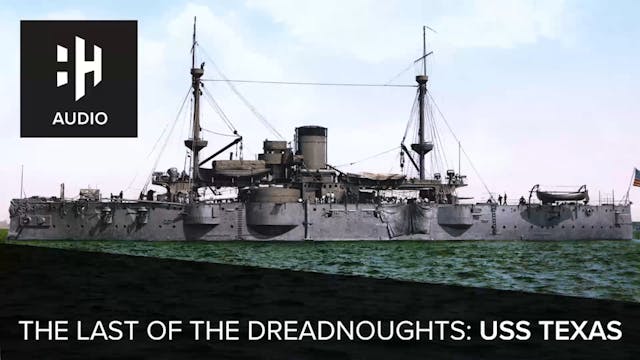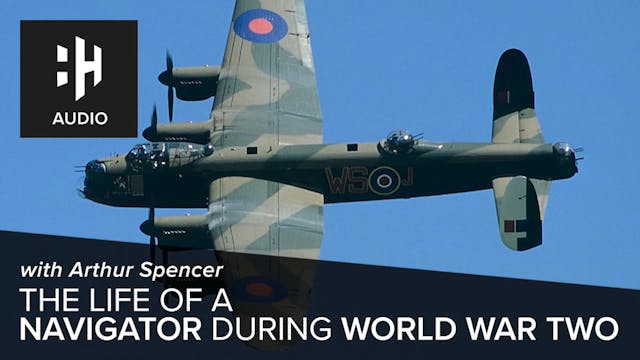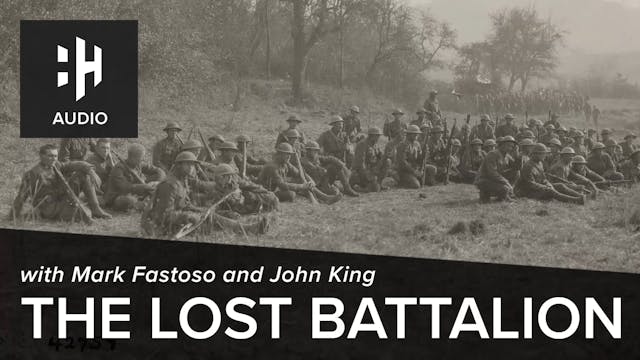🎧 The Lancaster Bomber
20th Century
•
24m
I was thrilled to be joined again by one of our most popular guests, John Nichol. John shot to international prominence when he served in the first Gulf War. When his Tornado was shot down in 1991 he was captured, tortured and paraded on television provoking worldwide condemnation and leaving one of the enduring images of that war. Since then, John has become one of our most successful aviation historians, writing bestsellers such as 'SPITFIRE – A Very British Love Story'. His latest book explores the Avro Lancaster - described by Bomber Harris as his 'shining sword' and the 'greatest single factor in winning the war'. Carrying out offensive operations from the first day of the Second World War until the very last - more than five and a half years later - they flew nearly 300,000 sorties and dropped around a million tons of explosives. Of the 7,377 Lancasters built during the conflict, more than half were lost to enemy action or training accidents, and of the 125,000 men who served in Bomber Command, over 55,000 were killed. The figures are remarkable. But John also took me behind the statistics to uncover the human stories - truly unbelievable accounts of survival.
Up Next in 20th Century
-
🎧 The Last of the Dreadnoughts: USS T...
Dan visits one of the greatest objects on planet Earth: USS Texas, the only dreadnought of its kind anywhere in the world. The dreadnought was the predominant type of battleship in the early 20th century. USS Texas was a second-class battleship built by the United States in the early 1890s, the f...
-
🎧 The Life of a Navigator during Worl...
Arthur Spencer was a navigator during World War Two, completing two tours of operations with 97 Squadron at RAF Woodhall Spa and RAF Bourn. He was awarded the Légion d’Honneur for providing air support for the Resistance in Italy. Dan met him in his house to discuss the life during the war, the h...
-
🎧 The Lost Battalion
Dan talks to the producers of a new documentary about a battalion cut off during the Meuse-Argonne offensive, Mark Fastoso and John King.



